
It’s become somewhat fashionable to knock the Nobel prizes. To catalogue their problems, or critique them as anachronistic relics of a bygone era. Yet while the prizes do have their issues, I think they’re still relevant and worth celebrating in this day and age.
The prizes come under fire for a variety of reasons. Detractors say the science prizes are no longer representative of the way science is practised – if they ever were. The rules impose a limit of three winners – and no organisations – for example. That means many worthy scientists, who contributed so much to the groundbreaking research, receive no recognition. The prizes have also been rather limited in their geographical distribution, mostly going to individuals working in countries in North America and Europe. This has led to accusations that it’s a prize that only recognises scientists in wealthy countries and has a limited view of which research has made the biggest difference. And women are also hugely underrepresented in its awards: of the 195 individuals who have won a chemistry prize only eight have been women. This isn’t just some hangover from the earlier years the sciences – since 2000 60 men have received chemistry prizes, compared with just five women. And then there’s the strict adherence to the bequest’s original scientific boundaries: just chemistry, physics, and medicine and physiology (the dismal science doesn’t count). The modern scientific world is so much bigger.
Yet despite this laundry list of issues, the Nobel prizes still matter. That’s because they are a paragon of scientific storytelling like no other. Their prestige means that no award or recognition even comes close to generating the same level of excitement and enthusiasm for scientific research. Every October some of the most important scientific discoveries ever made are catapulted into the public consciousness in a way that no other popular scientific work can achieve.
And that exceptional engagement comes with some compromise. Sure, the prizes only reward up to three individuals, but people like people. By focusing on just a few individuals we are able to make an emotional connection to them. We are given an opportunity to hear their often inspirational stories of how they came to love the field they have laboured in and how their research has changed the world. The work of these scientists may at first appear esoteric, but these prizes help us to understand why it matters and in so doing forge a link in people’s hearts and minds between the most fundamental science and the modern world around them. To top it all off, these laureates often go on to become excellent ambassadors for science (with a few exceptions), using their platform to help make the world a better place.
When obituaries of Alfred Nobel were accidentally published prior to his death, Nobel was reportedly aghast at being linked to militarism thanks to his company’s production of armaments and the invention of dynamite. He resolved to be remembered for something else, founding the Nobel prizes. This makes for a great story reminiscent of the redemption found in Dickens’ Christmas Carol, although this version of events has been challenged and has added to the mythology surrounding the Nobel prizes. Either way, over a hundred years after his death, I think he’d be gratified by how his name is still remembered. The prizes might have their issues, but as a showcase for the best way of understanding the world around us their impact is still unrivalled.





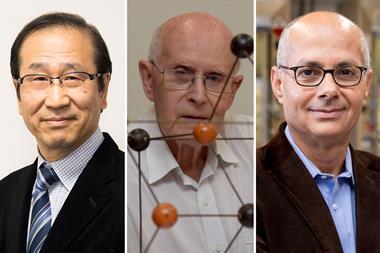
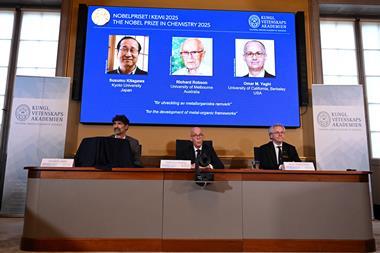
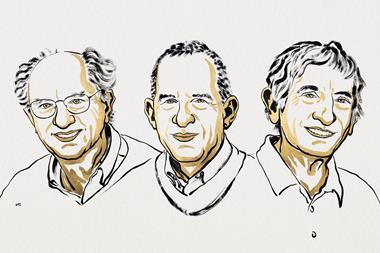
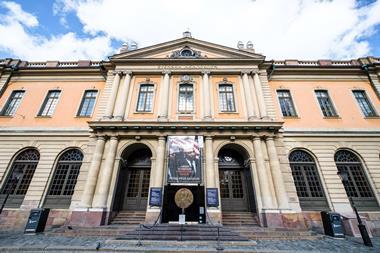
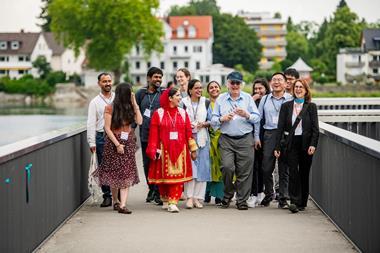







No comments yet